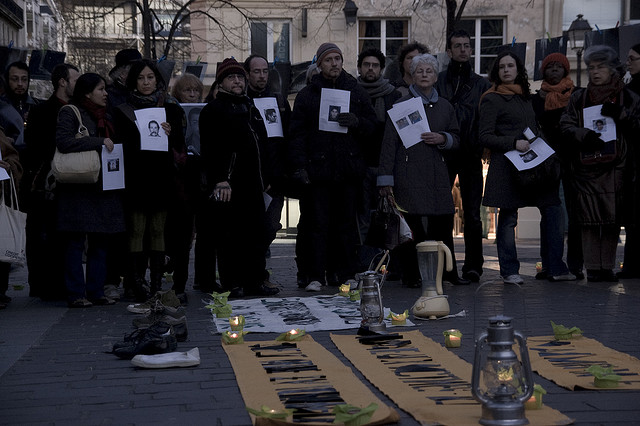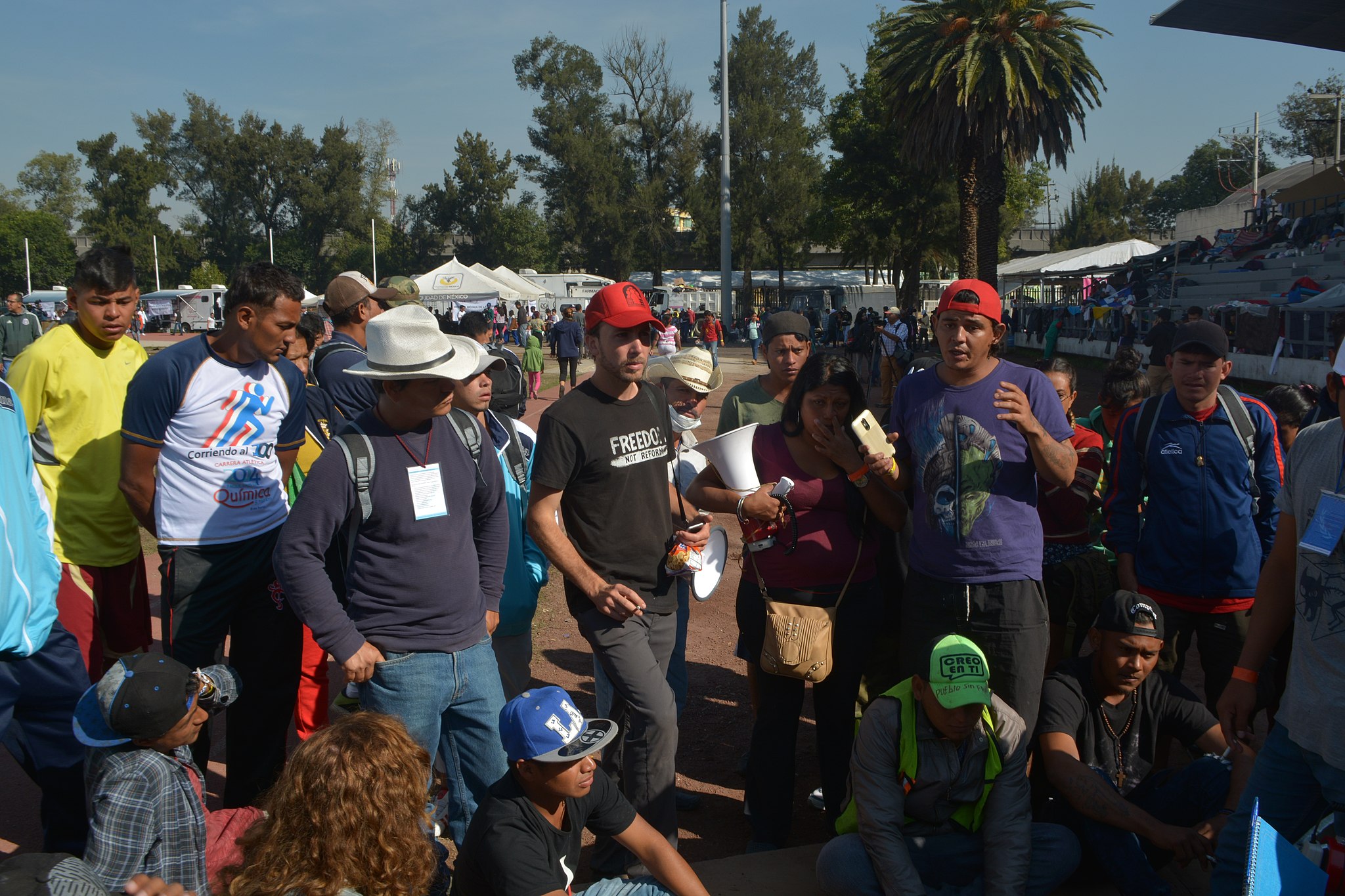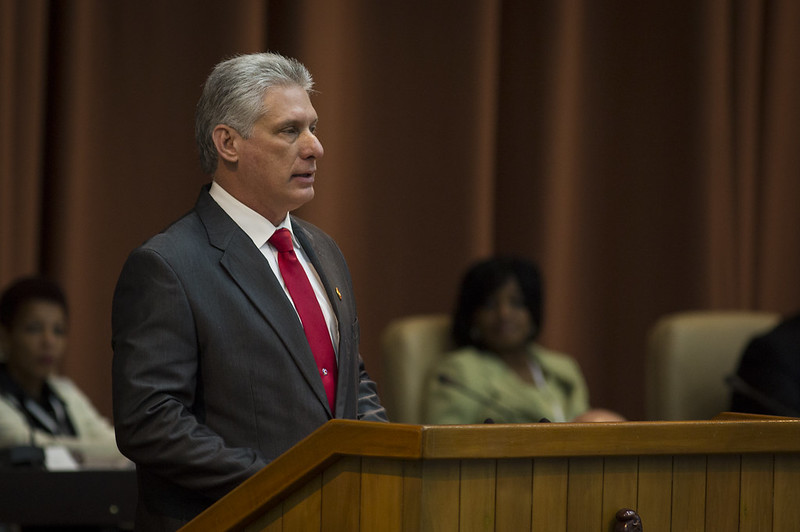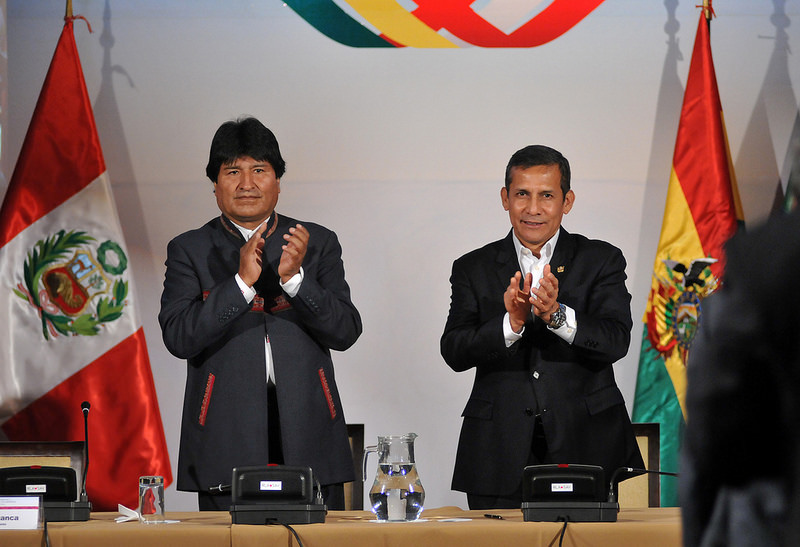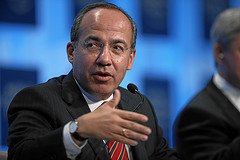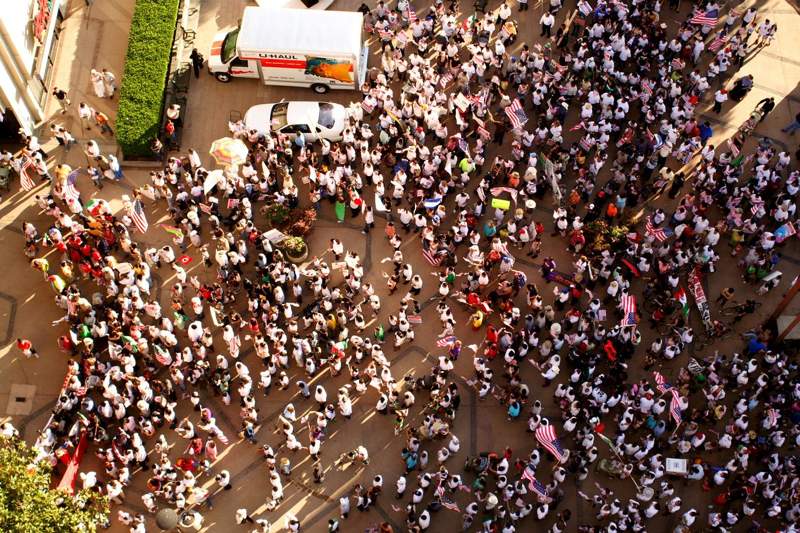
Latin America: Week in Review
How Will the Obama Administration React to the Consulate Murders in Mexico?
March 18, 2010 By Staff
Today in Latin America
Top Story — Mexico’s drug war continued to dominate the Americas sections’ headlines on Wednesday, as journalists and analysts struggle to figure out how the murders of three people with ties to the U.S. Consulate in Ciudad Juárez will affect the U.S. posture toward Mexico.
No answer to that question has surfaced yet. President Obama has refrained from making any statements beyond his initial condemnation of the killings and support of Calderón’s attempts to rein in drug traffickers.
The State Department announced that Wednesday that Secretary of State Hillary Clinton and other cabinet-level officials will travel to Mexico to meet with Calderón administration officials to discuss the evolution of the Merida Initiative, the military assistance program through which Mexico receives anti-drug trafficking support from the U.S.
Allyson Benton, a Latin America analyst at the Eurasia Group, contextualizes Mexico’s notorious drug war violence by pointing out that homicides and kidnappings, on the whole, have decreased in recent years and are low by regional standards.
Just Published at the Latin America News Dispatch
- Mobilizing for Comprehensive Immigration Reform in 2010; An Interview with Karina Claudio.
- Claudia Llosa’s “The Milk of Sorrow” Takes Peru to the Oscars (Film Review).
North America
- Plans to build a “virtual” border fence between the U.S. and Mexico were halted on Tuesday when Chief of Homeland Security Janet Napolitano announced that funding for the fence would be frozen due to repeated technical glitches.
- A judge granted bail to a Miami businessman accused of financing terrorism by shipping video game consoles to a shopping mall in Ciudad del Este, Paraguay. The mall is said to funnel profits to Hezbollah, listed as a terrorist organization by the U.S.
Caribbean
- Journalist Ruxandra Guidi discusses the significance of Cuba’s authorization of sex change operations.
- Alleged drug trafficker José Figueroa Acosta, a U.S. citizen, continues to elude government authorities in the Dominican Republic.
Central America
- Guatemalan officials announced that international adoptions will resume in June after a two-year suspension. At least 25 criminal cases before 2007 led investigators to suspect that many Guatemalan children were being kidnapped and sold.
- The IMF approved a $790 million loan to El Salvador on Wednesday.
- The Panamanian government has narrowed down a list of top bidders to build a 9-mile subway system through Panama City. Contenders for the $1.5 billion contract include major firms from Spain, Brazil, and Italy.
Andes
- The Center for International Policy has subtitled a short documentary by journalist Felipe Zuleta about the “false positives” scandal in Soacha, outside Bogotá, Colombia. The term “false positives” refers to people killed by the Colombian military and disguised as insurgents in order to inflate combat statistics.
- Peruvian President Alán García fired Justice Minister Aurelio Pastor.
- Argentine President Cristina Fernández de Kirchner will meet with Bolivian President Evo Morales to update a 2006 natural gas contract, allowing Bolivia to increase exports to Argentina.
Southern Cone
- A debate has erupted in Brazil over how to share the revenue generated by the national oil company Petrobras, after recent offshore discoveries.
- Brazilian President Lula da Silva traveled to the West Bank on Wednesday, where he visited the tomb of late Palestinian leader Yasser Arafat, continued to encourage peace talks, and spoke critically of Israel’s settlement building, separation barrier and blockade of Gaza.
- The family of two Chilean women killed by a tsunami have filed a lawsuit against the Chilean government for not issuing a tsunami warning following last month’s earthquake.
- The Argentine senate failed to vote on the fate of the central bank president and the distribution of tax revenues after senators from the ruling Peronist party did not take their seats and former president Carlos Menem skipped the session.
Image: U.S. Mission Canada @ Flickr.

